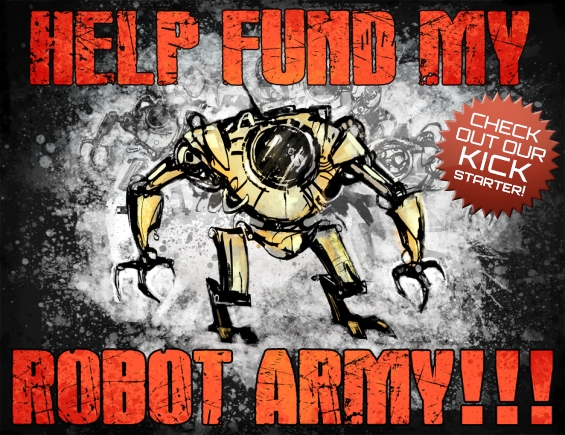Codex Q&A: Does being published in the semi-pro market doom ones chances of being published in Lightspeed?
by
In July 2013, I served as the “editor-in-residence” for the Codex Writing Group, which meant basically I was asking a month-long AMA (“Ask Me Anything”) interview. With Codex’s permission, I’m re-posting the Q&As here on my blog. The questions were all provided by members of Codex.
***
I have heard – and read in an interview of Mike Resnick – that editors frown upon writers who have published works in the semi-pro market. He stated, “…you do your reputation and your future absolutely no service by appearing in non-professional or semi-professional markets.” And later added, “Appearing in a semi-pro or free market is a public declaration that your story couldn’t compete in the economic marketplace, and the very best thing you can hope for is that no professional editor you wish to sell ever becomes aware of it.”
Is this commonly accepted belief? I understand why you would prefer to publish works from authors who have proven they can draw an audience but would you steer clear of a writer whose portfolio is filled with several, less-than-pro-paying publications but only a few professional or SFWA recognized sales? Would a cover letter with semi-pro sales credentials doom my chances, with Lightspeed or with other editors you play pinochle with on the weekends?
I can only speak for myself–well, and for Gordon and F&SF more or less–but where an author has published previously isn’t a factor to me. I actually, generally, will have read the story and at least partially made up my mind about it before I get around to reading the cover letter, so chances are good I won’t even know your history when I’m making my decision.
Take a look at the copyright page of some of my reprint anthologies; there’s plenty of stories in those that appeared in small or out of the way venues. Or take a look at some of the reprints I’ve run in Lightspeed for that matter; while LS reprints are typically from more well-known authors, we have reprinted some material from small/obscure venues as well. So if I don’t hold it against a STORY where it first appeared, it would be pretty silly to hold it against the AUTHOR for having published in such places. Likewise, I don’t judge authors for choosing to go the self-publishing route.
So, like I said, I can only really speak for Gordon and myself, but I don’t BELIEVE that Resnick’s view is a common one amongst current pro editors. I think most people fall more into my camp.
All that said, while I don’t think editors generally will judge you for your past publications, I do think there may be SOMETHING to what Resnick is saying, but pertaining to READERS rather than editors. Where I think his advice goes wrong is that he is making a blanket generalization about small/semipro markets. But the thing is, there’s definitely no harm publishing in GOOD semipro markets, but there is potentially harm publishing in POOR ones. You have to imagine that every story you publish may be the first story of yours a reader reads, and so I think writers sometimes need to ask themselves if there’s a good reason why their story didn’t get bought at the various top markets. Ultimately, I think you have to put your faith in the editors of the markets you’re submitting to, that they will only select a story for publication if it’s of high quality; that’s where market selection becomes so important. Not all markets are created equal, so it’s a matter of finding editors whose taste resonates with your own, and who you are confident will put out a quality product, and you can feel confident that if they published your story, then you’ll be happy with that being your first foot forward with every potential reader out there.
***
From October 1 – October 31, I’ll be running a Kickstarter campaign for a new project called HELP FUND MY ROBOT ARMY!!!, an anthology of improbable, futuristic, magical, & alternate-world crowdfunding projects. Please check it out, consider backing it, and, if you’re so inclined, spread the word!



